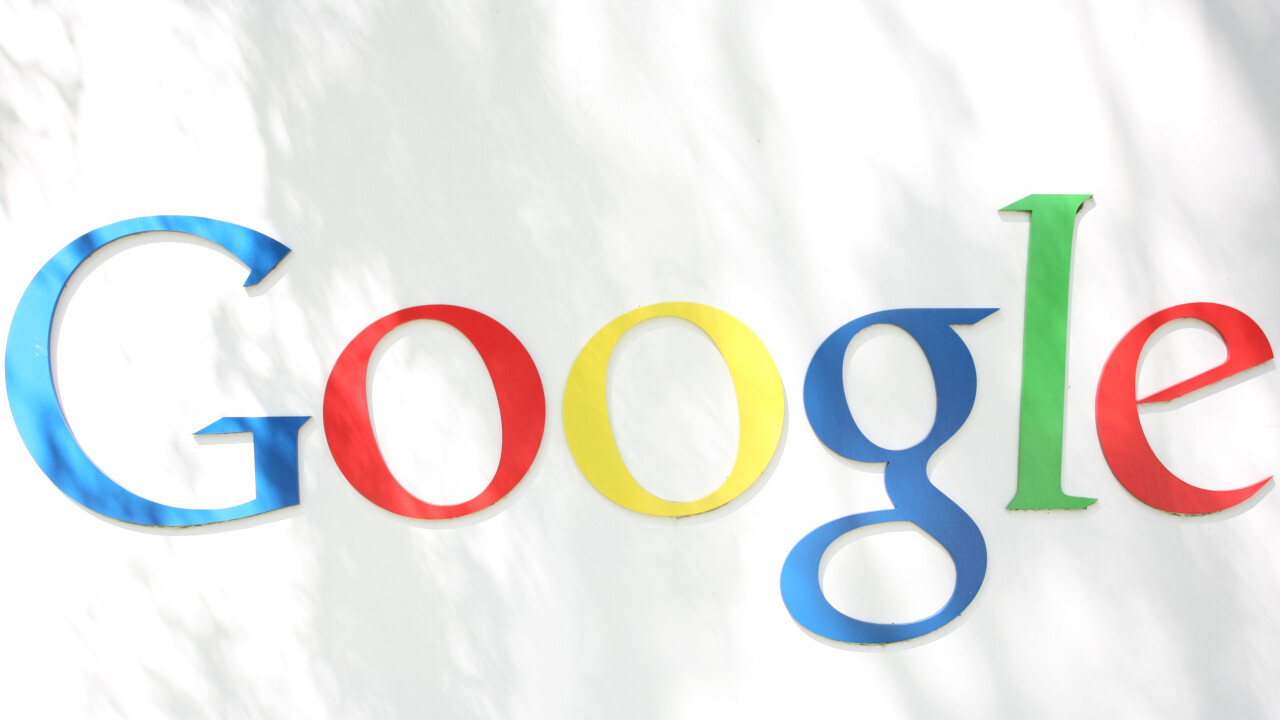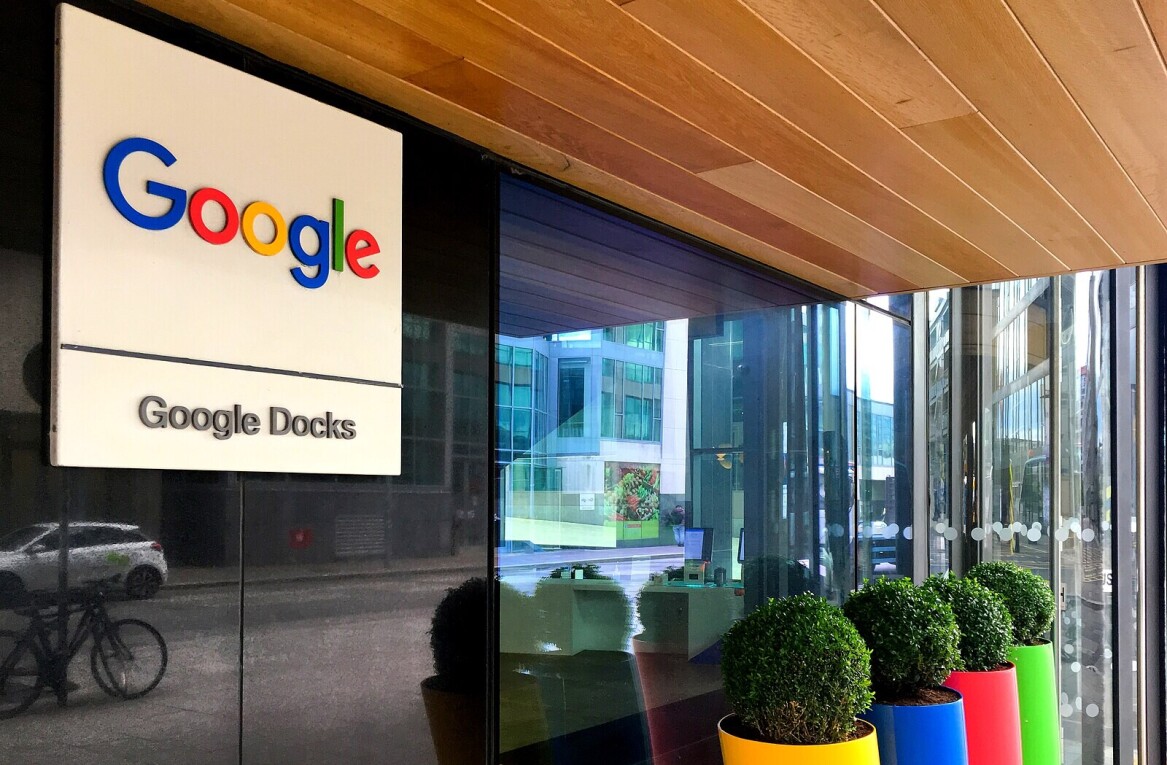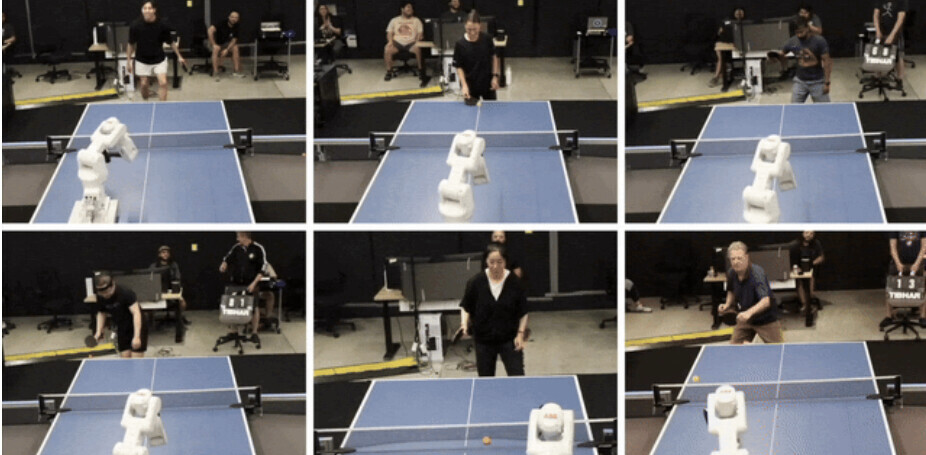
Google today updated Google Play Services to version 4.1, adding turn-based multiplayer support, a preliminary Google Drive API, improved battery life for all users with Google Location Reporting enabled, as well as ad targeting and Google+ improvements. You can download the new version now directly from Google Play.
If you don’t see the new version yet, don’t fret: it’s rolling out gradually. Once it becomes available to all Android users, developers will be able to download the SDK using the Android SDK manager and get started with the new APIs.
First off, Play Games now supports turn-based multiplayer. This means developers can build asynchronous games to play with friends and auto-matched players, with up to eight players per game.
Players’ turn data is automatically uploaded to Play Services and shared with other players. Google is also providing an optional new “Connecting to Play Games” transition animation during sign-in to help contextualize the permission dialog that comes up afterwards.
Next up, Google has included a developer preview of a new Google Drive API, which can be used to read and write files so they’re available across Android devices and on the Web. Users can even work with files offline, with changes being automatically syncing with Google Drive when they reconnect.
As for advertising improvements, the Google Mobile Ads SDK now fully supports DoubleClick for Publishers, DoubleClick Ad Exchange, and Search Ads for Mobile Apps. Developers can also use a new publisher-provided location API to provide Google with the location when requesting ads, which the company claims can improve app monetization.
Last but not least, there’s an improved Google+ sharing experience with better auto-complete and suggested recipients from Gmail contacts, device contacts, and people on Google+. It should make it easier for users to share with the right people from within apps.
All these features are great, but we’re most excited about the battery life improvements. Unfortunately, Google didn’t offer any figures to say just how much of a gain to expect.
Top Image Credit: Kimihiro Hoshino/Getty Images
Get the TNW newsletter
Get the most important tech news in your inbox each week.





